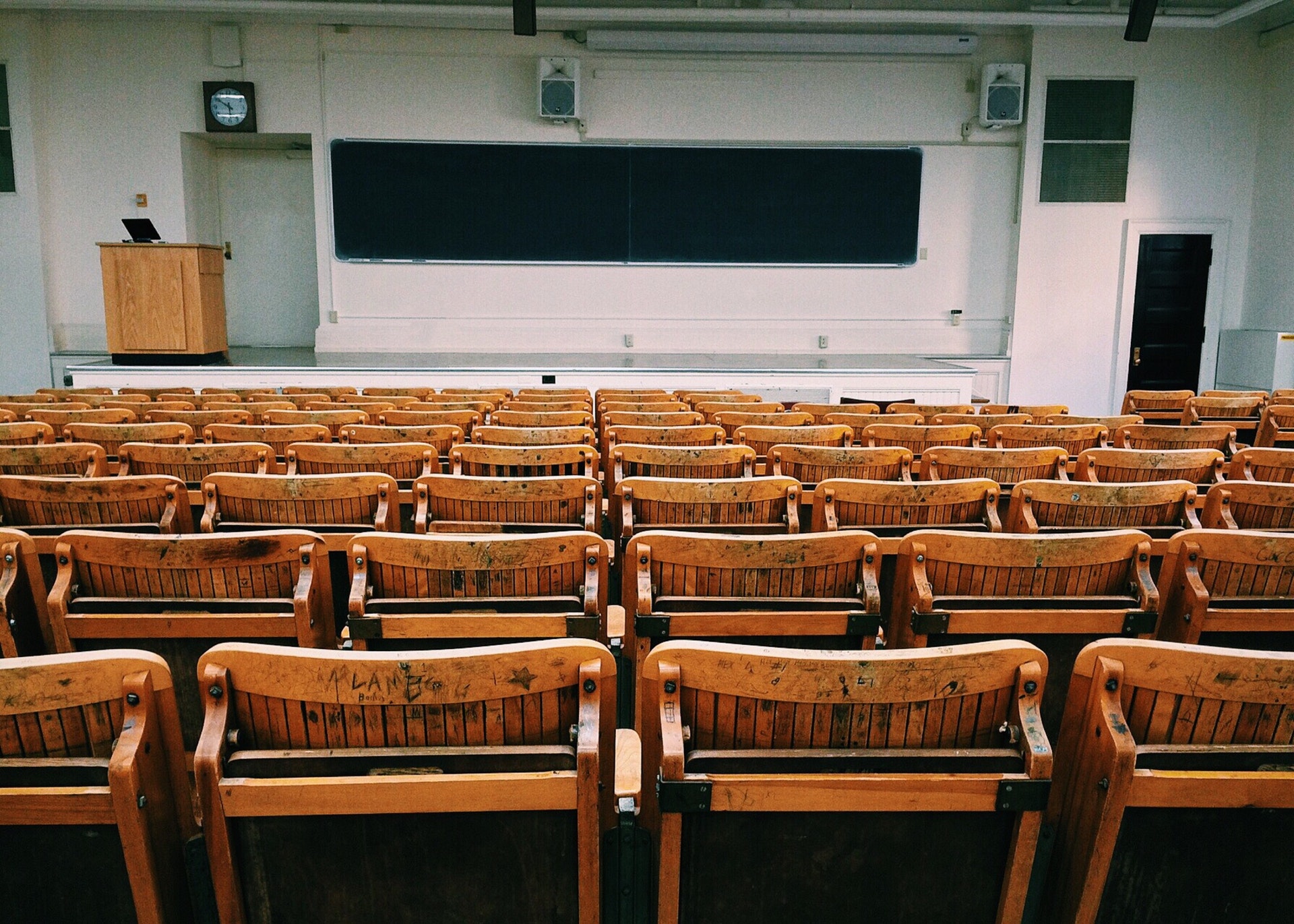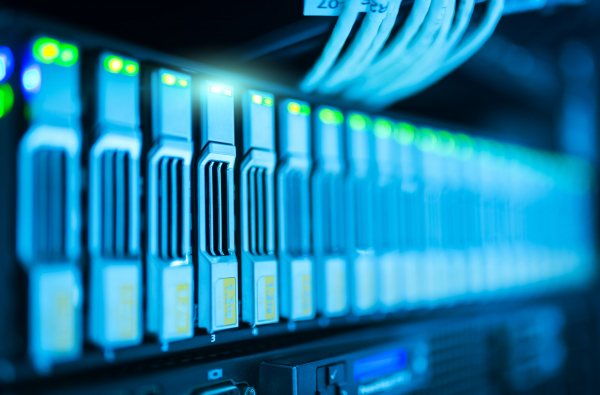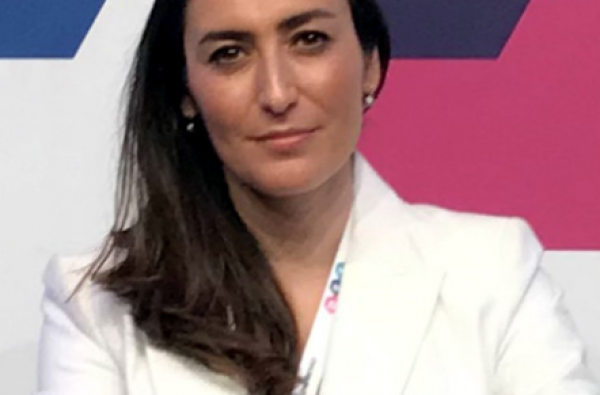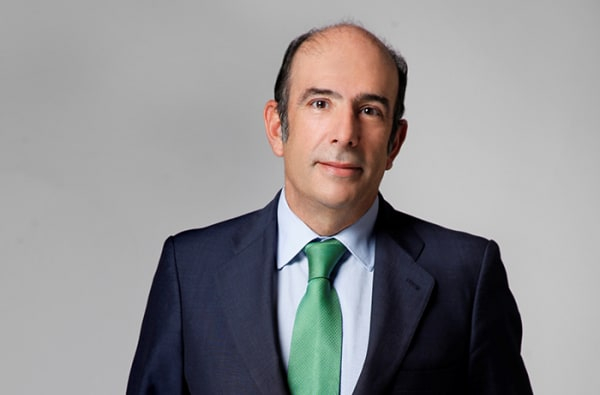By José Manuel Blanco
Originally Published by The MIT Technology Review in Spanish
Social projects attract entrepreneurs and 'start-ups', while there is a movement for venture capital funds and accelerators to bet on these initiatives.
Despite the progress made by the least developed nations in reducing poverty, the UN warns that "inequalities and large disparities in access to health and education services and other productive assets continue to exist. To try to respond to these challenges, the agency created the Sustainable Development Goals (SDAs), which aim to eliminate these injustices and take care of our planet. In this context, technology can help eliminate economic, xenophobic, or access barriers to basic services that increase the gap between citizens.
Increasingly, start-ups, entrepreneurs, and institutions are applying more ethical and responsible technology to a society that demands "a greater commitment to positive social impact", according to the Business Observatory for Inclusive Growth, of the Spanish foundation Codespa. This observatory defends that "companies cannot remain oblivious to inequality" and that the technological trends of the current fourth industrial revolution "can be used to fight exclusion and contribute to a greater impact on ODS".
Tech For Good: how to make technology more humane
Solutions to achieve ODS in four areas - food and agriculture; cities; energy and materials; and health and wellness - account for $12 trillion in market opportunities by 2030, according to the Better Business, Better World Report of the Business and Sustainable Development Commission.
One of the initiatives in this direction is Tech For Good Madrid, which promotes the design of technologies by companies to solve social and environmental challenges. The project disseminates ideas that impact the community and brings together people with the same vision, such as investors and accelerators. In its first meeting, this community presented the heads of platforms such as Lazzaro, which raises funds for NGOs through blockchain, or Farmidable, which sells local products.
¿Cómo podemos utilizar la tecnología para generar un impacto positivo a nivel local y global? Proyectos que te inspiran en @techforgood_mad, enhorabuena por ese primer encuentro 👌#tech #freelance pic.twitter.com/M5CNk3dGhw
— Louise Marliere (@louisemarliere) March 5, 2020
Original Tweet: https://twitter.com/louisemarliere/status/1235489242748530688
Helping society through innovation
Consultancy firms are also joining in to make technology more humane. Opinno.ORG is an initiative of several Opinno workers that was born in June 2019 to "help make the world a better place; a passion that goes hand in hand with the role Opinno can play in generating an impact on society and the environment," explains Strategy and Innovation consultant Mariana Palacios.
To this end, the team promotes volunteerism, carries out sustainable innovation projects and advises social organizations. "We are open to collaborate with those who find synergies and bring even more value by joining all our experiences and resources of innovation and technology," says Strategy and Innovation consultant Claudia Azúa.
Currently, Opinno works with the ONCE and Integra foundations to reduce inequalities among people with disabilities and help them in their labour insertion. Thanks to the Por Talento Digital initiative, 30 students from Madrid, Barcelona and Valencia are taking an online course in web programming, after a first phase in which they have learned notions of C# and Java.
Original video: https://www.youtube.com/watch?v=d7Ts0dXoU-I
Opinno.ORG emerged in the midst of conversations where several comrades detected a "common social element" that they wanted to promote, according to consultant Sara Alonso. The founder and CEO of the company, Pedro Moneo, defines it as "the social arm of Opinno": "Our purpose is to use innovation as an impact tool to generate opportunities for the most disadvantaged and to contribute to the sustainability of the planet".
Cheap prosthesis and 'apps' to study
Using technology to reduce inequality is in the interest of many young entrepreneurs, as demonstrated each year by several MIT Technology Review Latin America Innovators Under 35 winners in Spanish. In 2018, Mexico's Paola Villarreal was honored through the Data for Justice project. By visualizing data on a map of Boston, United States, Villarreal discovered a link between neighborhoods with a higher proportion of non-Caucasian residents and those areas where police were arresting more people for marijuana or narcotics possession. The technology showed that there was a bias in the arrests (a police laboratory technique was judged to be negligent) and up to 20,000 convictions were reversed. Today, Villarreal continues to work on the connections between justice, data and inequality from Harvard University.
Other innovators, such as Paraguayan Eric Dijkhuis and Peruvian Rodrigo Salazar, stand out for using 3D printing to make low-cost prostheses, and Brazil's Matheus Goyas has created the AppProva application to help students in his country's public schools achieve the same results in the university entrance exam as private students. Also in Brazil, Michael Kapps has developed chatbots for medical consultations of patients who do not have access to professionals.

Preventing crime and disease from affecting the most vulnerable
Like Villarreal, the power of macro data to reduce inequality has also been understood by certain international organizations and universities. The Data-Pop Alliance is a project of MIT and Harvard University, among other institutions. It involves activists and researchers working to use big data to improve people's lives. Among its projects is OPAL (Open Algorithms), which uses data sources and surveys on security perceptions to detect and prevent crime in Colombia.
Photo 1 by Free-Photos | Pixabay
Photo 2 by Pixabay | Pexels



